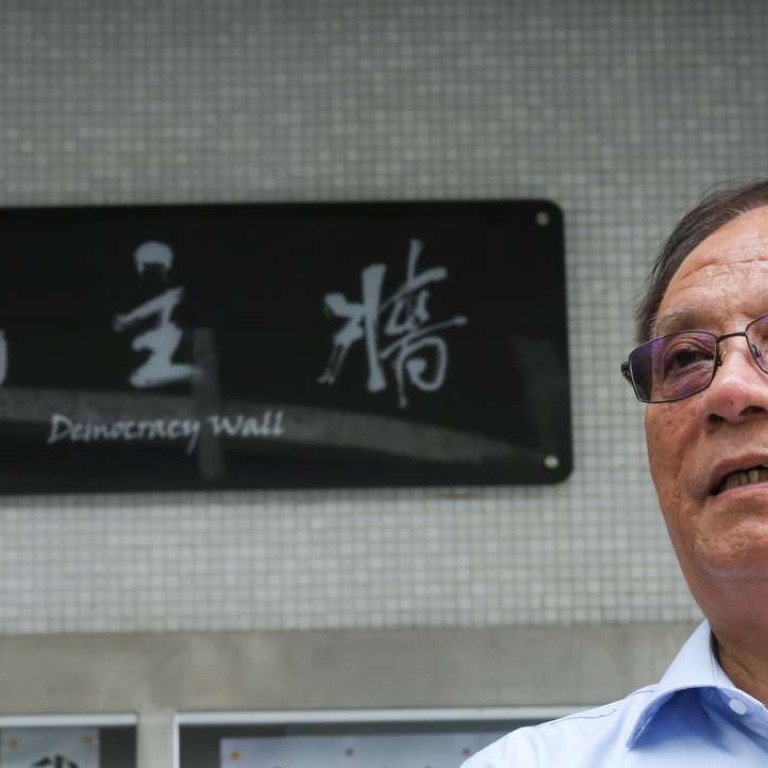
Legco election pollsters defend survey methodology amid criticism
The rolling survey, conducted by the University of Hong Kong’s Public Opinion Programme, has come under fire from political parties for its low sample size
The statement by HKU’s Public Opinion Programme, issued on Friday came after several parties criticised the methodology of the rolling survey as they worried it would mislead voters to give up on hopefuls who in fact had a chance to win.
The partiessaid the poll’s small sample size – between 100 and 300 people in each of the five geographical constituencies – was to blame, as well as the failure of the pollsters to mention the aspirant in second place on a slate when they questioned respondents.
Several outgoing lawmakers were running second on a ticket in a bid to send their proteges to the legislature, although under the proportional representation system they have low chance of winning.
HKUPOP said the number of slates in direct elections had increased drastically from 67 to 84 this year and it had no choice but to follow what electronic media had been doing – to name only the first aspirant on each list.
“HKUPOP believed any method, even reading out all the candidates’ names on the list, would not be absolutely fair,” the statement said. “The methodology this year is already the best we could do under what the actual environment has allowed.”
HKUPOP also said it had found there was no “significant statistical difference” between mentioning one and two candidates on the slate, after they conducted a test by interviewing 469 people from August 11 to 15.
The pollsters reiterated they would not alter the way they interviewed respondents, adding the sample size would be increased to 600 respondents citywide per day in the last week, which would effectively lower the margin of error.
Former Democratic Party chairman Dr Yeung Sum, who earlier queried the poll’s methodology, said it was understandable that the pollsters could not name the second candidate because of the constraints.
But he added it was still “unacceptable” for pollsters to release poll findings of such a small sample size.
“It would be too late for HKUPOP to increase the sample size in the last week as by then, voters would already have formulated an impression on the hopefuls,” Yeung told the Post.

